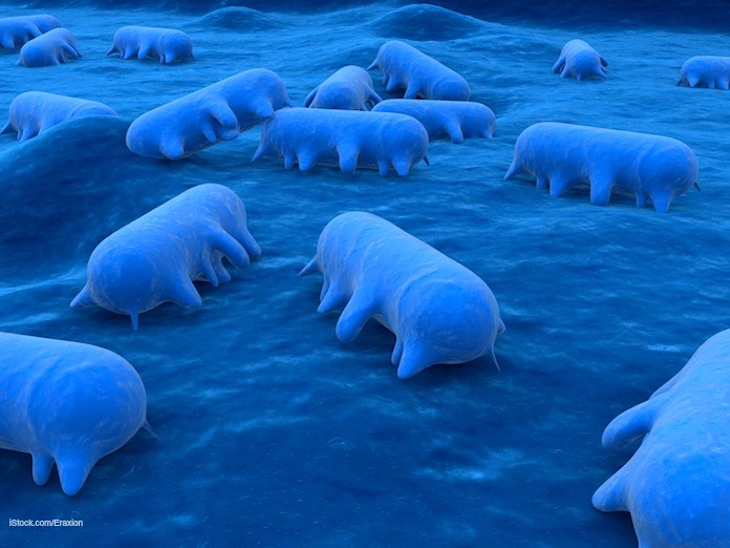A new Salmonella DNA test will help improve tracking of Salmonella outbreaks, according to research published in The Journal of Molecular Diagnostics. This should help investigators quickly trace and find the origin of the infection.

Food poisoning caused by Salmonella bacteria causes 1.35 million infections every year in the United States. At least 26,500 people are hospitalized because they are so sick with this type of infection, and 420 people die. During an outbreak, speed in identifying and tracing the pathogen is critical to reducing serious illness and death.
Traditional methods to find and identify Salmonella serotypes are to first grow the bacteria from samples and then test them to assign a subtype. The new Salmonella DNA test doesn’t require first growing the bacteria in culture, which saves a lot of time.
Professor Ruiting Lan, PhD, of the School of Biotechnology and Biomolecular Sciences at the University of New South Wales, Sydney, NSW, Australia said in a statement, “Salmonella in a clinical or food sample may be present in very small amounts and thus requires very sensitive methods to detect them. Multiple cross-displacement amplification (MCDA) is a method that can detect very small amounts of DNA rapidly and is also performed at a single constant temperature, in contrast to the cycling of temperatures required in other methods such as PCR. This makes it a good fit for a simple, rapid, and sensitive bacterial detection test. Although an MCDA test for any Salmonella already exists, it does not distinguish between different serotypes.”
Researchers developed an MCDA assay for each of the seven server-specific targets of Salmonella. All of them accurately detected as few as 10 copies of DNA and produced those results in about eight minutes. These assays don’t require any specialized detection equipment, which simplifies future applications.
Professor Lan added, “The assays developed in this study are unique because the gene markers used were selected based on analyzing thousands of genomes. Thus, these markers future proof Salmonella serotyping in the era of culture-independent diagnostic testing.”




